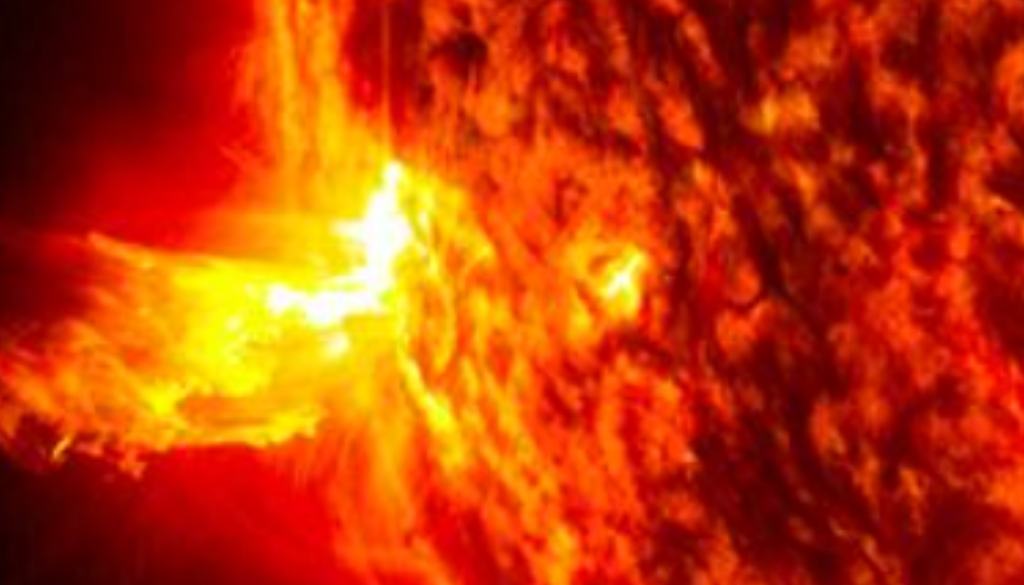Pune: Powerful Solar Flare Eruption Leads to Sudden Rise in Temperature Across India

Pune, 12th April 2024: On March 23, 2024, a powerful eruption of solar flares occurred on the Sun’s surface, leading to a sudden rise in temperature across various regions in India. The event has been closely analyzed by Prof. Kiran Kumar Johre, a former meteorologist at the Indian Institute of Tropical Meteorology (IITM), Pune, who believes that the solar flare and Earth’s magnetosphere are connected and have contributed to the sudden warming of the earth.
The temperature in several areas of Maharashtra State rose sharply, with Koregaon Park in Pune experiencing a peak temperature of 42 degrees Celsius. In Solapur, temperatures climbed to 43.1 degrees Celsius, while other cities like Sangli, Kolhapur, Nagpur, and Washim saw temperatures ranging from 42 to 44 degrees Celsius.
Prof. Johre explained that the solar flares’ intense energy and radiation can have significant effects on Earth’s atmosphere and the planet’s temperature. X1-class solar flares, which are the most intense type, can cause long-lasting radiation storms, damage satellites, and threaten astronauts outside Earth’s protective atmosphere. These flares can also disrupt power grids and communication systems, as well as produce bright auroras near the poles.
The scientist also warned of the potential for higher temperatures in India, with some areas possibly reaching between 48 to 54 degrees Celsius this year. Such extreme heat could lead to an increase in heat stroke cases, necessitating public awareness campaigns and the formation of rapid-response medical teams.
In conclusion, the sudden rise in temperature and the linked weather changes are a cause for concern, and the study of solar flares and their impact on Earth is crucial for understanding and preparing for future events.





